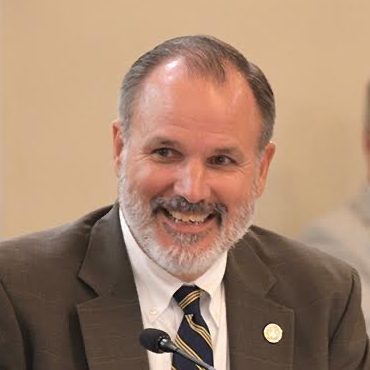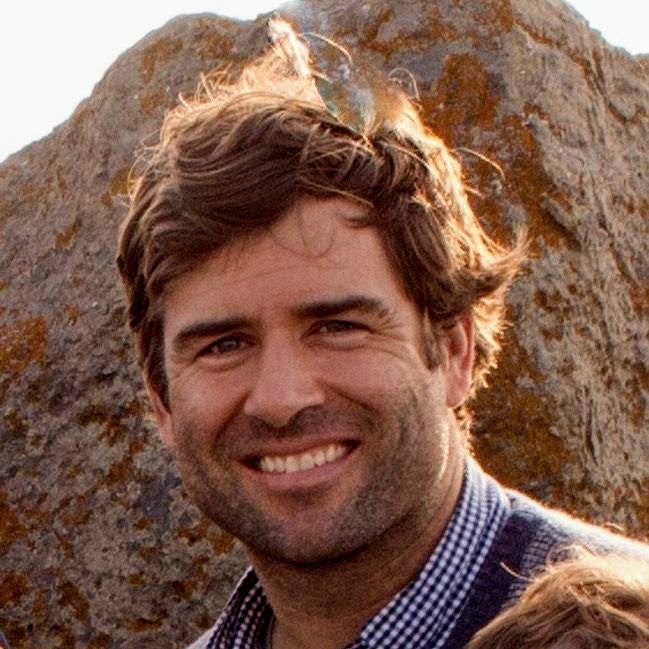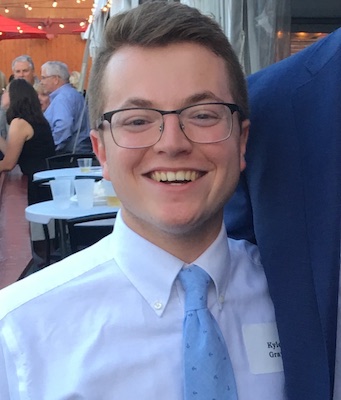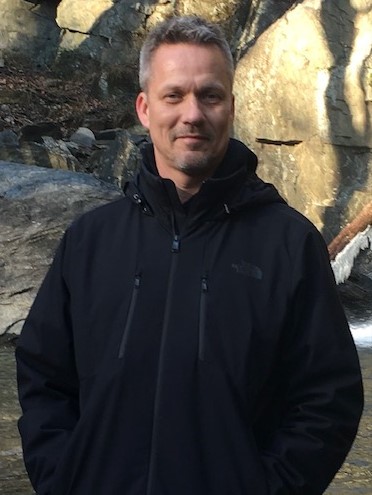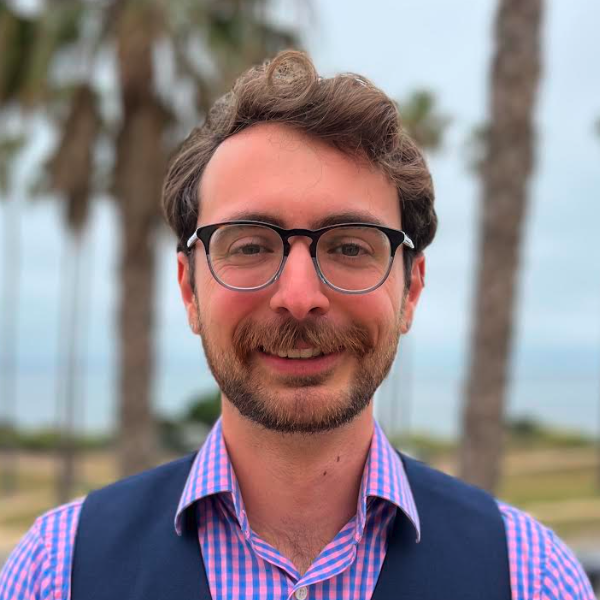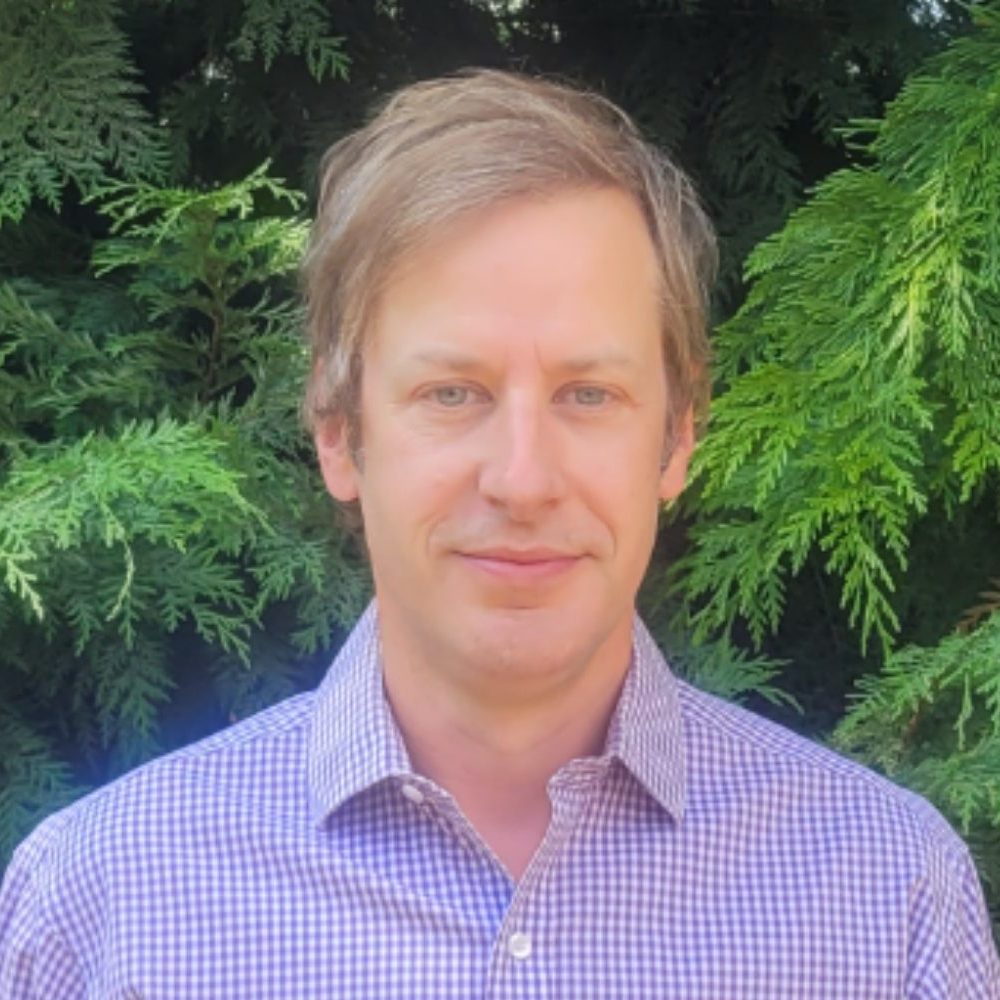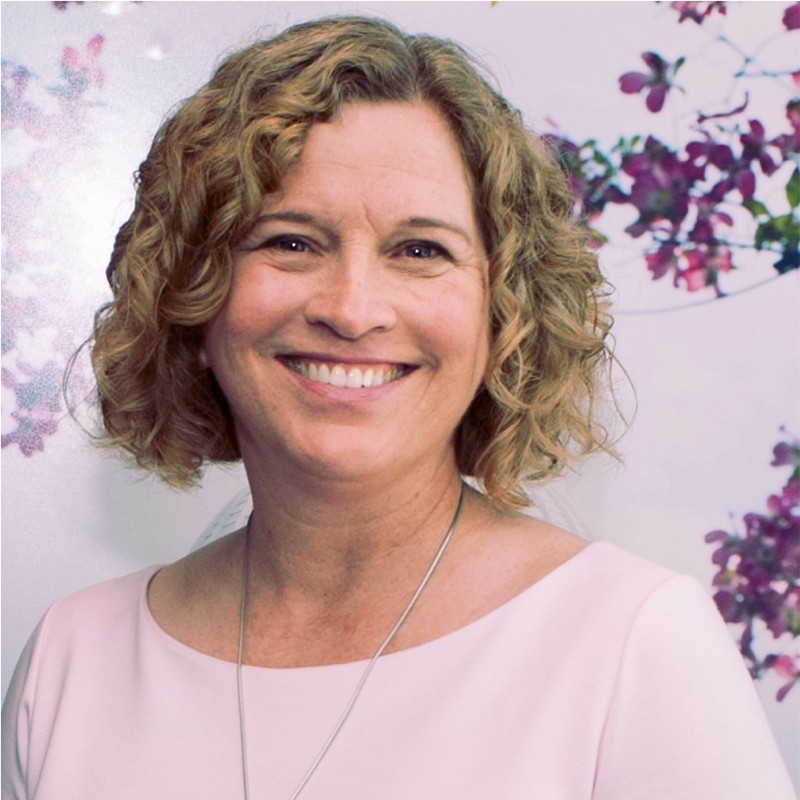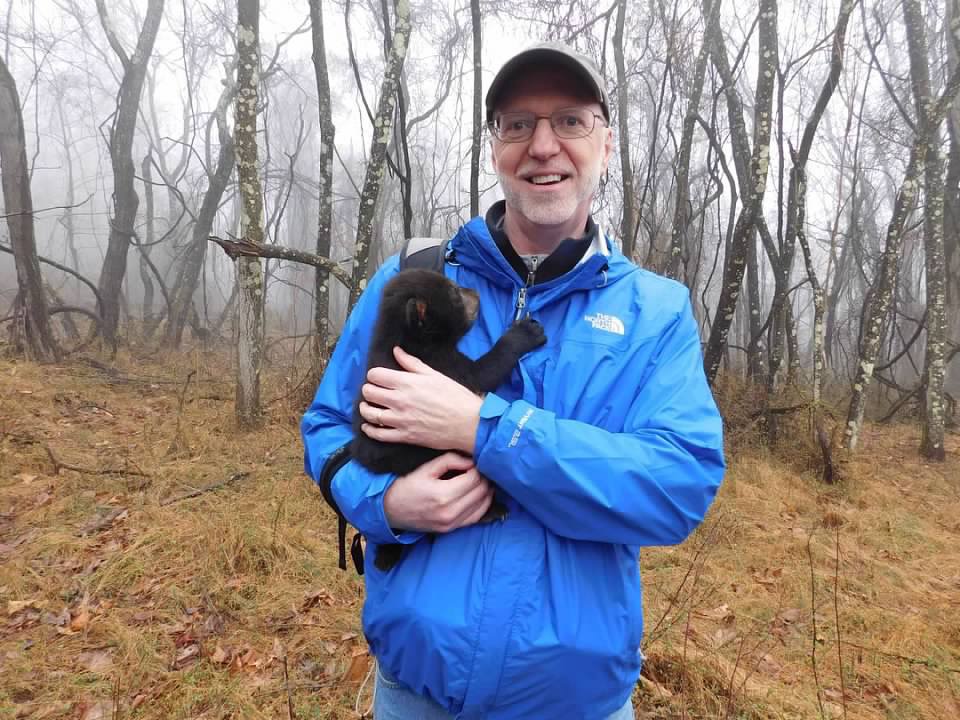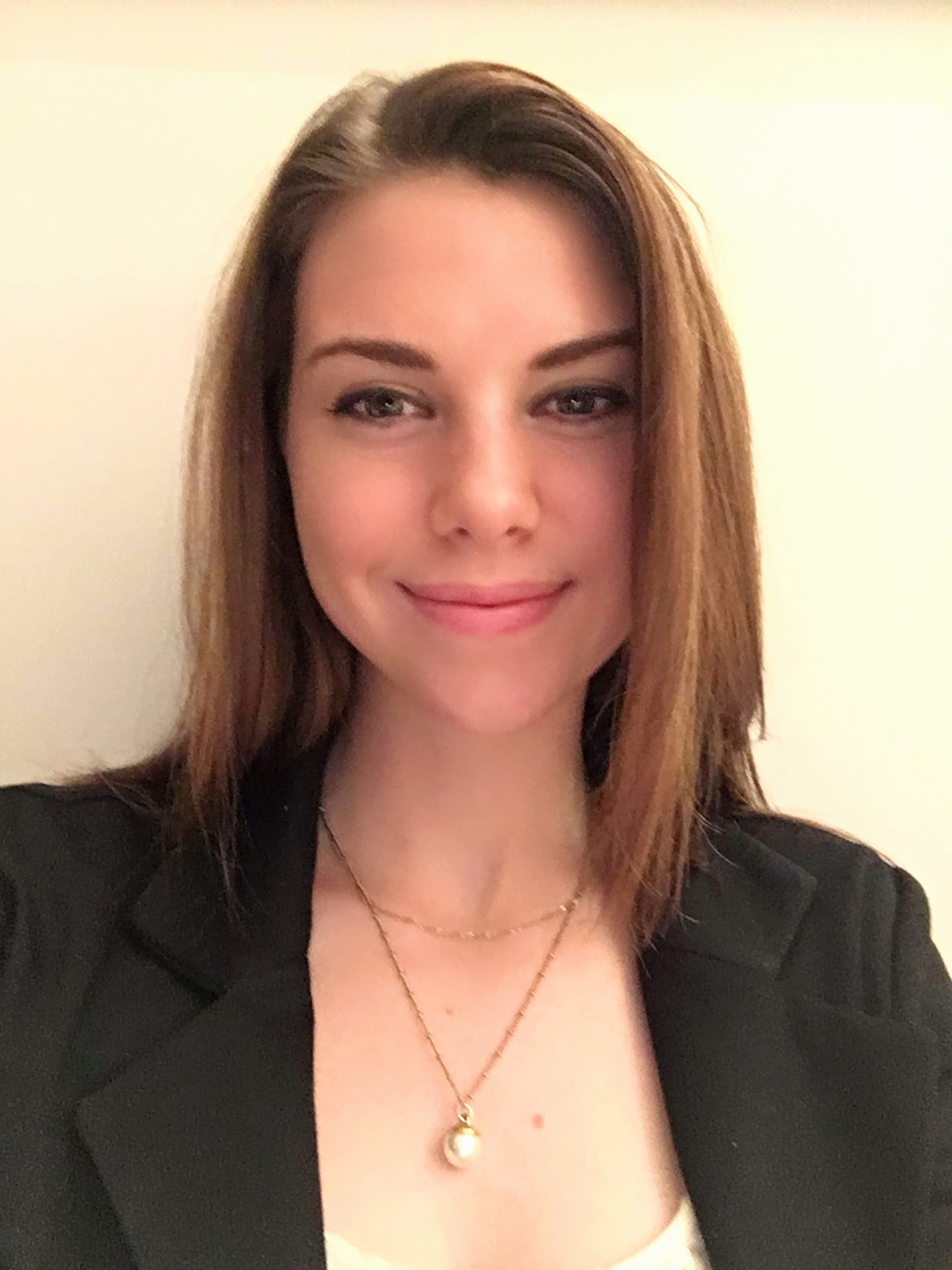OUR TEAM
Rear Admiral Mark Belton, SC, USN (Ret.) has an extensive background leading state and local government organizations including roles as Maryland’s Secretary of Natural Resources; Chief Administrative Officer for Queen Annes’ (MD), Charles (MD), and Page Counties (VA); and Executive Director for Pride of Baltimore, Inc. While in the Navy, Mark served afloat and ashore throughout a 31-year career as a logistics expert with flag officer assignments including as senior liaison to the Republic of Iraq ministries of Oil and Electricity, and as Commander of the Navy Expeditionary Logistics Support Group. He holds a B.S. from the United States Naval Academy; an M.B.A. from Regis University; and graduated from leadership programs at the Naval War College, Armed Forces Staff College, and National Defense University.
Mark has promoted innovation in climate change preparedness by championing the establishment of Maryland’s Climate Leadership Academy, the first state-led program of its kind in the nation; creating Maryland’s first nonprofit Resilience Authority to finance and spur discussions around local community resilience projects; and representing the Maryland Association of Counties (MACO) on the Maryland Commission on Climate Change (MCCC), where he has been a voting member since 2015. Under his leadership, Charles County’s proactive whole-of-government approach to climate preparedness received recognition awards from both MACO and the National Association of Counties (NACO) and was cited by Standard & Poor (S&P) as influencing affirmation of their AAA credit rating.
Mark’s deep knowledge of local and state government operations, natural resource management, and as a senior military officer is especially valuable on Throwe projects nationally, including TE’s National Fish and Wildlife Fund (NFWF) program portfolio; Military Installation Readiness Reviews (MIRRs) with St. Mary’s County, MD, the East Central Florida Regional Planning Council, and the Northeast Florida Regional Council; and in partnership with Booz Allen supporting the Department of Defense (DoD) Readiness and Environmental Protection Integration (REPI) Program, among others.
Chris Cortina serves as Throwe’s Project Manager for our National Fish & Wildlife Foundation (NFWF) Field Liaison projects: NFWF’s National Coastal Resilience Fund, Northeast Grant Programs, and Great Lakes Grant Programs. Chris joined Throwe Environmental in 2023 after previously supporting the Association of Climate Change Officers (ACCO) as Project Manager for the Maryland Climate Leadership Academy. Prior to that, Chris served the State of Maryland for ten years in various roles for the Chesapeake and Coastal Service within the Department of Natural Resources. While maintaining a consistent role focused on program communications, community outreach, and performance tracking and reporting, Chris was instrumental in securing and administering Maryland’s annual coastal zone management grant funding provided by NOAA. From helping to prepare federal grant applications, to identifying and overseeing programs and projects that help meet state goals, to compiling the progress and performance measure reporting in order to satisfy grant requirements, Chris participated in the full lifecycle of a critical funding source that has enabled Maryland to establish itself as a leader in climate change adaptation and resilience planning. Beyond grant management, Chris provided oversight to a team of natural resources planners providing financial and technical assistance to local governments to reduce the region's coastal hazard risk and vulnerability. He has an M.A. in Geography from Miami University and a B.A. in Environmental Studies from Ohio Wesleyan University. A Maryland native and longtime resident, Chris is now based in Denver, CO with his wife and two sons. |
Kyle Gray is TE’s Chief of Staff. Kyle oversees strategic planning, program development, team resources, and all project activities across the company's full portfolio. During his time with TE, Kyle has led planning, technical assistance, and financing projects in more than a dozen communities along the East Coast, including in partnership with the SNEP Network; The Nature Conservancy; Jacobs; and numerous local governments in RI, MA, MD, and FL. Kyle has led/supported TE’s efforts as Field Liaisons for multiple National Fish and Wildlife Foundation (NFWF) programs since 2021, helping connect communities nationally with more than $650 million in philanthropic investments. Since 2024, Kyle has served as one of TE’s Funding Subject-Matter Experts in support of multiple EPA WaterTA programs, through which TE has provided direct assistance to more than 100 community water systems and local governments (the majority of which are classified as underserved) nationwide. Kyle has developed TE’s Planning to Action: Climate Toolkit, coordinated multiple Leadership Exchange events, and hosted two seasons of The Leadership Exchange Podcast. Kyle has an M.A. in Marine Affairs, a Graduate Certificate in Community Planning, and a Bachelor of Arts, all from the University of Rhode Island (URI); Kyle has served as a Workshop Facilitator for URI's Diversity and Inclusion Badge Program intermittently since 2020. He was certified as a Climate Change Professional (CC-P®) through the Association of Climate Change Officers (2021) and has completed Environmental Leadership Training (VT ANR, 2025), Facilitation Basics for Coastal Managers training (NOAA, 2023), diversity and inclusion training (URI, 2020), and the State and Municipal Finance Academy (URI/RI DOR, 2025). Prior to his work with TE, Kyle served in the Office of Congressman Jim Langevin, with Save The Bay, and with Langevin for Congress. Kyle has served on the Board of Directors for OUT for Sustainability since 2023, where he currently serves as Board Secretary and Acting Chair. Kyle is originally from Rhode Island and is currently based in Washington, DC. |
Dan Nees provides program and policy support to the Throwe Environmental team. For more than 25 years, he has worked alongside communities across the country to strengthen their capacity to plan, finance, and implement environmental and sustainable development initiatives. His work today focuses on helping local leaders design practical systems that turn resilience goals into lasting outcomes for people and places. Dan has served in both leadership and supporting roles, including Interim Director of the Resilience Authority of Annapolis and Anne Arundel County, Senior Fellow with the Center for Global Sustainability at the University of Maryland (UMD), and Director of UMD’s Environmental Finance Center. Earlier in his career, he led environmental market and water quality programs at Forest Trends, a global NGO focused on economic solutions to environmental challenges, and at the World Resources Institute, an environmental think tank. Throughout his career, Dan has sought to connect resources with community priorities in ways that leave institutions stronger and more resilient. He holds a BA in Economics, a Master of Environmental Policy, and a Master of Business Administration from UMD College Park. |
Max Settineri provides program management, research, and analytical support for Throwe Environmental’s full range of programs. Since joining Throwe in 2023, Max has managed the organization's slate of EPA WaterTA projects, through which TE has provided direct funding and financing technical assistance to over 100 communities nationwide to address lead and emerging contaminant hazards in drinking water. Max led TE’s collaboration on a Military Installation Resilience Review (MIRR) in St. Mary’s County, MD, and is currently managing an MIRR for the Northeast Florida Regional Council in partnership with Jacobs. Max also supports TE’s role as Field Liaison for several National Fish & Wildlife Foundation (NFWF) grant programs. Prior to joining Throwe, Max worked in the U.S. EPA’s Office of Research and Development in Washington, D.C., where he provided communications and program support to the Agency’s community science and innovations teams. He also worked with startup Collective Energy to improve climate resilience and healthcare access at community health centers in California by installing solar and battery storage systems. Max holds a Master’s in Environmental Science & Management from the University of California, Santa Barbara’s Bren School, and a B.S. in Environmental Science & Policy from the University of Maryland. |
Sally Ann Sims is a Project Partner for Throwe Environmental (TE). In this role, Sally provides technical assistance and outreach, research synthesis/writing, and program strategy and business development services. Since 2024, Sally has supported TE’s Field Liaison and business planning roles for the National Fish and Wildlife Foundation, including for the National Coastal Resilience Fund, Northeast Grant Programs, and Great Lakes Grant Programs. Sally also serves as one of TE’s Funding Subject-Matter Experts in support of EPA’s Get the Lead Out (GLO) and Tackling Emerging Contaminants (TEC) programs serving community water systems and local governments. Sally joined TE from her 15-year career as a consultant for organizations and partnerships working at the intersections of natural resource management, climate change adaptation and resilience building, and land and biodiversity conservation. She also consulted for NGOs in the conservation, hunger relief, and animal welfare fields in capacity building, executive coaching, strategic planning, and fundraising. For the Association of Climate Change Officers (ACCO), Sally co-developed curriculum and testing materials for ACCO’s Certified Climate Change Professional (CC-P©) program as well as advised the organization on program/service design, developed customized training content, and trained practitioners at federal, state, and local agencies, NGOs, and corporations. She wrote species and habitat climate vulnerability assessments and completed other climate resilience projects for the U.S. Forest Service, Bureau of Land Management, National Park Service, Northeast Association of Fish & Wildlife Agencies, the Northeast Climate Adaptation Science Center, and for other partnerships working to build capacity and implementation expertise for local, state, and federal agencies. Sally holds a Master of Science in Environmental Studies, Conservation Biology, from Antioch University New England and a Bachelor of Arts in English from the University of Massachusetts—Amherst. Her MS thesis research—on the impacts and management implications of sea level rise on piping plover habitat in Rhode Island—was published in the Journal of Coastal Conservation and cited in the 2015 Rhode Island State Wildlife Action Plan. Sally is currently based in Pennsylvania where, as co-founder of Pennsylvania Habitat Connectivity, she helps advance cross-sector engagement and planning for implementation of wildlife corridors and crossings in the Commonwealth. |
Skip Swenson is a Project Partner with Throwe Environmental. Over the past 27 years, he has consulted and partnered with businesses, governments, Tribes, and nonprofit organizations on assessment, strategy, policy, and program development. His work spans the gradient of landscapes—from rural lands to urban centers—and includes land use policy, conservation markets, program development and evaluation, and resilience financing. In addition to his work portfolio, Skip has served on numerous boards and committees, currently including the Washington Association of Land Trusts Board of Directors. He also has served in an advisory role to a number of regional land use and conservation plans in Washington State, including VISION2050, the Seattle metropolitan area regional growth strategy; Puget Sound Regional Council’s Regional Open Space Conservation Plan; and University of Washington’s Regional Open Space Strategy for the central Puget Sound region. Skip holds a Master of Public Administration and a Master of Science in forest resources from the University of Washington, where his studies focused on environmental policy, land planning, and natural resources management. He also holds a Bachelor of Business Administration from the University of Wisconsin—Madison. When he’s not tinkering on projects, Skip can be found skiing and mountain biking throughout the Cascades range. |
Joanne Throwe is President of Throwe Environmental, LLC. Joanne previously served as a Senior Fellow at the University of Maryland School of Public Policy, Co-chair of the US EPA Stormwater Task Force for America’s Water Infrastructure Act, and Chair of U.S. EPA’s Environmental Financial Advisory Board, which is responsible for providing innovative financing recommendations to the EPA Administrator. In 2015, she was appointed Deputy Secretary for the Maryland Department of Natural Resources, where she helped lead the department from 2015 through 2019. Prior to her appointment, Joanne served as Director at the University of Maryland Environmental Finance Center, where she worked for 10 years. She also worked for several years at USDA and was a Peace Corps volunteer in the Solomon Islands. Joanne was part of the inaugural Maryland Leadership Program on Equity, Diversity, and Inclusion from the University of Baltimore. Joanne received her Master’s degree from the University of Maryland School of Public Policy. She resides in Bristol, Rhode Island. |
Scott Throwe is the Vice President of Throwe Environmental, LLC. Scott worked at the United States Environmental Protection Agency for 30 years with a focus on the development, implementation, and enforcement of Clean Air Act regulations. He served as a manager and senior staff in the Office of Enforcement and Compliance Assurance and was the national lead for the toxic air pollutant program as well as several other Clean Air Act programs including New Source Review, and the asbestos program. During his career at EPA, Scott worked extensively with primary and secondary metals, minerals, paint/coatings, and agricultural industries. Scott was also a lead staff person for the implementation of the 1990 Clear Air Act Amendments. He served as a Peace Corps volunteer in the Solomon Islands where he worked as an agriculture extension agent for remote villages teaching agro-forestry methods to improve subsistence gardens. Scott resides in Bristol, Rhode Island. |
Taylor Throwe is a business operations consultant focusing on project management, data and financial analysis, proposal writing and review, and accounting. Prior to her work with Throwe Environmental, Taylor worked as the Chief Operating Officer and Security Officer for a government contractor managing over 30 contracts with the federal government. Taylor has previously led much of the company’s work as Field Support Liaison for the National Fish and Wildlife Foundation’s (NFWF) National Coastal Resilience Fund (NCRF), as well as the company’s work with the Town of Bourne, MA through the SNEP Network. |
Adriana is a business operations consultant focusing on human resources management, continuous improvements, and marketing. Adriana has a B.S in Business Management, majoring in Marketing, and is currently pursuing a M.S. in Industrial and Organizational Psychology. Adriana brings more than 10 years of experience in business operations and over the past 5 years, she has worked for a government contractor managing over 30 contracts with the federal government as a Human Resources Operations Manager. Adriana is also a Certified Plan Sponsor Profesional (CPSP) by the American Retirement Association (ARA) & Plan Sponsor Council of America (PSCA). She calls Puerto Rico her home and is currently based in Puerto Rico and Colorado Springs, CO.

